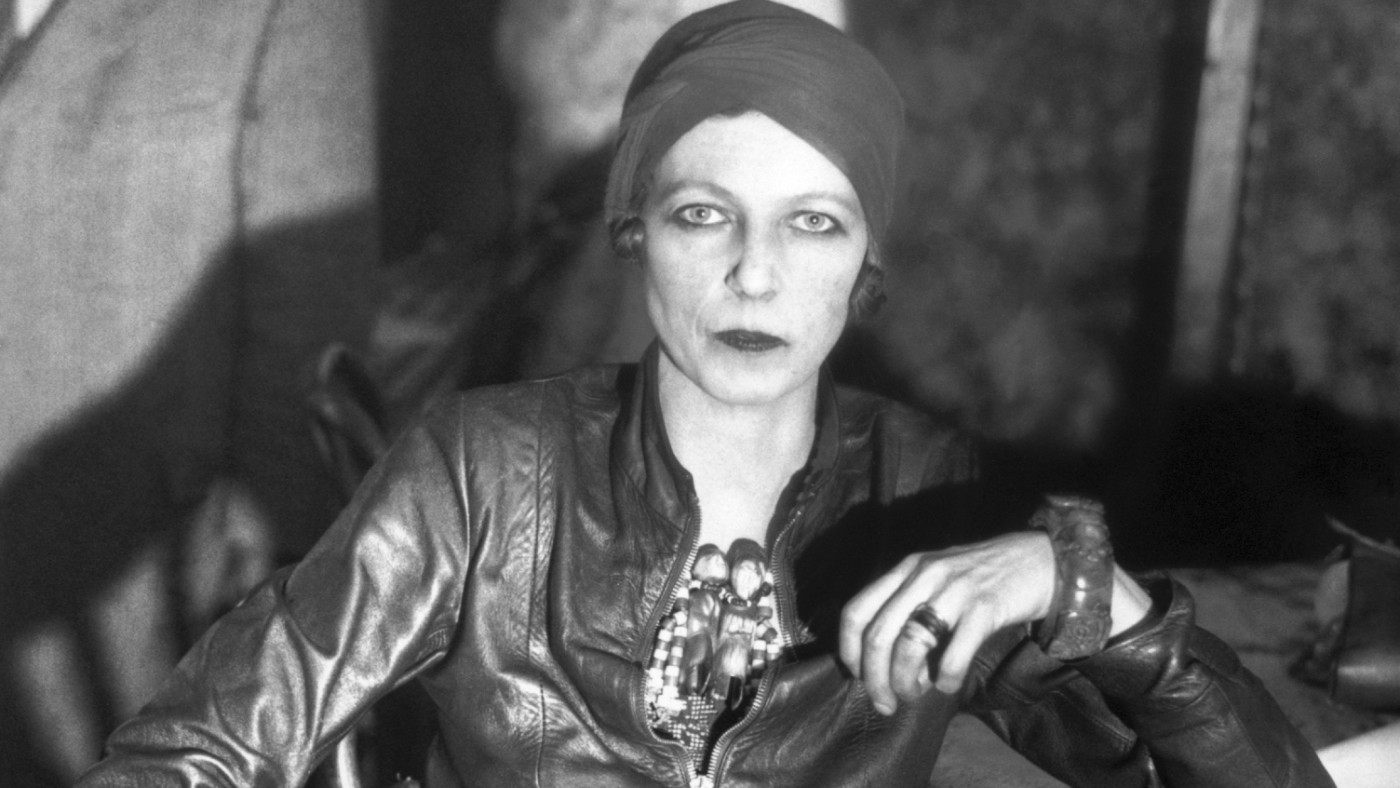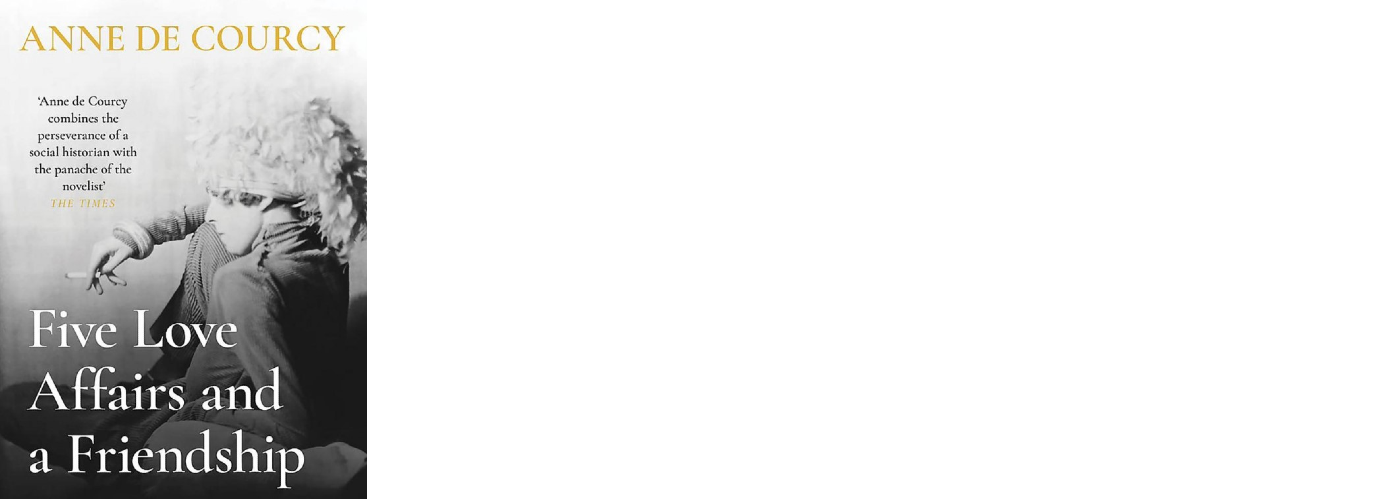Five Love Affairs and a Friendship by Anne de Courcy: a ‘racily enjoyable book’

Nancy Cunard was “the embodiment of the poor little rich girl”, said Rupert Christiansen in The Daily Telegraph. The only child of wealthy but neglectful parents – her English father was a scion of the Cunard shipping line, her mother a Bostonian heiress – she became famous in the Roaring Twenties for her bewitching good looks, and for her “boozing and bedhopping”. There was “plenty that was good and clever inside” her; but she was also violent and self-destructive, and in older age she suffered a “ghastly decline”.
Her “roller-coaster life” has inspired several biographies, including “outstanding” ones by Anne Chisholm and Lois Gordon. What makes Anne de Courcy’s distinctive is that it focuses on the 1920s and early 1930s, when Cunard was based in Paris and was the “toast of bohemian Montparnasse”. Packed with “amusing anecdote and salacious detail”, this is a “racily enjoyable book”.
In 1920, when she was 24, Cunard had been obliged to have a hysterectomy, as a result of complications from a previous surgery, said Jane Ridley in The Spectator. “Far from ruining her life”, it “proved a liberation”, enabling her to satisfy her “seemingly insatiable appetitive for sex” without fear of pregnancy.
Of the scores of men she had affairs with in the 1920s, De Courcy focuses on five – the most famous of whom were Ezra Pound and Aldous Huxley (having sex with the latter, said Cunard, was “like having slugs crawl all over you”). The “friendship” of the book’s title was with the Irish novelist and poet George Moore, a lover of Cunard’s mother who in turn became Nancy’s “faithful friend”.
The final affair described in this book was with the black American jazz pianist Henry Crowder, said Laura Freeman in The Times. Cunard regularly struck him with her “armfuls of ivory bangles”; once, when asked what had caused the bruising on his face, he replied: “Just braceletwork.” Yet it proved the most enduring of her relationships, and it also helped awaken her politically: she became a tireless campaigner for African-American rights, and in 1934 she published Negro, a groundbreaking anthology of black literature and art.
It is a bit odd that De Courcy chose to frame Cunard’s life through her sexual relationships, said Lucy Moore in Literary Review. After all, friendship “meant so much more to her” – even those friendships that began with sex. For the most part, however, this is an enjoyably atmospheric work, which superbly conveys the “louche glamour” of Paris in the Jazz Age.
W&N 336pp £22; The Week Bookshop £17.99

The Week Bookshop
To order this title or any other book in print, visit theweekbookshop.co.uk, or speak to a bookseller on 020-3176 3835. Opening times: Monday to Saturday 9am-5.30pm and Sunday 10am-4pm.
